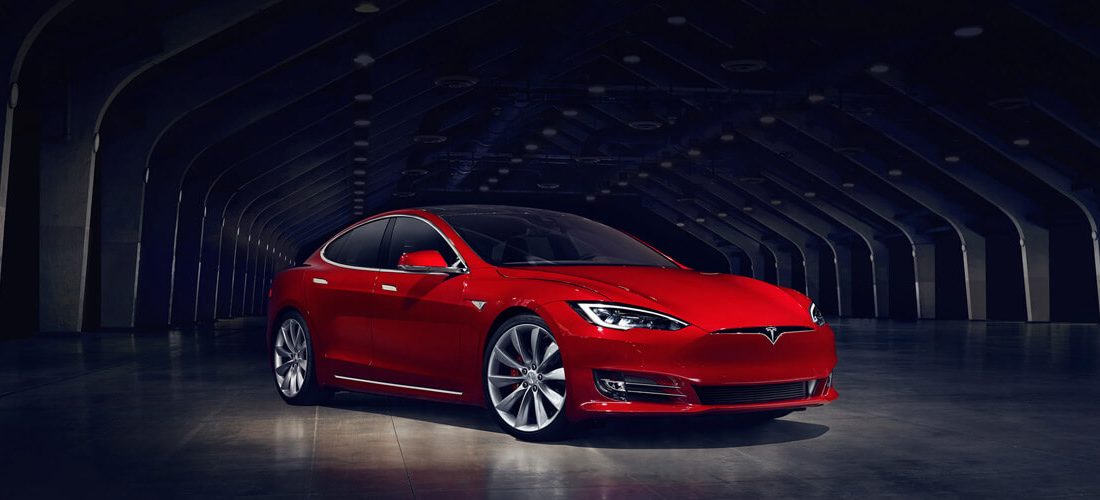According to KPMG’s 2015 Global Automotive Executive Survey, over half of auto executives thought it was somewhat unlikely or not likely at all that a major disruption to existing business models would occur in the next 5 years, with just approximately one in 10 expecting a major change.
Given two of the automotive industry’s biggest stories in the last 12 months, one has to believe they’d be singing a different tune today.

In the first half of 2015, Volkswagen surpassed Toyota to become the world’s largest automotive manufacturer. By the end of the year Toyota had regained the crown. Then the diesel-gate crisis hit and VW’s sales came crashing down. By some estimates, numbers are off by nearly 25%. Their U.S. dealers are up in arms, and just yesterday a group which owns three VW dealerships filed a lawsuit.
Clearly, the disruption happening at Volkswagen is a self-inflicted wound. But, their management team was either ignorant of the potential for problems, or was complicit in the scandal. Either way, it’s a situation which could destroy the company.
In the same KPMG survey, auto executives were asked which long-term strategies were highest on their agendas. Plug-in electric vehicles were low on the list.

In fact, during the same survey in 2013, 38% of auto executives said “battery electric mobility” was a priority. By 2015 the number had dropped to 9%.
Ironically, in 2015 the Tesla Model S became the number one selling nameplate in the U.S. luxury car market, topping Mercedes, BMW and Audi.
 That was before Tesla’s announcement of the Model 3. With over 300,000 pre-order reservations and a price tag of $35-$50,000, Tesla’s new model is poised to become one of the world’s top selling cars, competing not only with luxury brands, but also mainstream nameplates like the Toyota Camry and Honda Accord.
That was before Tesla’s announcement of the Model 3. With over 300,000 pre-order reservations and a price tag of $35-$50,000, Tesla’s new model is poised to become one of the world’s top selling cars, competing not only with luxury brands, but also mainstream nameplates like the Toyota Camry and Honda Accord.
Of course, big questions remain about Tesla’s ability to deliver all of those vehicles, and whether the car will perform as advertised. But assuming they can (and it does), they will do so without the traditional dealer network other auto makers employ.
They’ll also leverage other innovations that weren’t high on auto exec’s radar, like connected car technologies and self-driving, autonomous vehicles (Tesla’s Autopilot system will come standard on every Model 3.)
It will be very interesting to see the results of KPMG’s surveys in 2016 and beyond. But one thing seems certain. Automotive executives have learned that disruption happens…fast.





